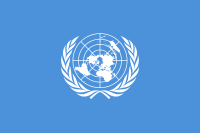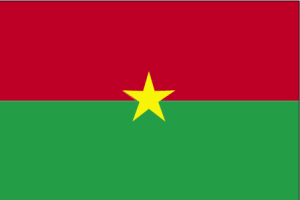
Annie Jump Cannon
Annie Jump Cannon (born Dover, Delaware, 1863; died Cambridge, Massachusetts, April 13, 1941) was an astronomer. She located several hundred new stars. However, she is best known for cataloging and classifying more than 225,000 stars. She developed a system that used the letters O, B, A, F, G, K, and M. O=blue stars (the hottest stars), B=blue-white stars, A=white stars, F=yellow-white stars, G=yellow stars, K=orange stars, M= red stars (the coolest stars). Children could read Annie Jump Cannon, Astronomer, written by Carole Gerber and illustrated by Christina Wald. Older children could learn more at: Annie Jump Cannon.
Robert Koch (born Clausthal, Germany, 1843; died Baden-Baden, Germany, May 27, 1910) was one of the earliest bacteriologists. He discovered the specific bacteria that cause tuberculosis, anthrax, cholera, and other diseases. He also conducted experiments on sleeping sickness. He was awarded a Nobel Prize in 1905 for his studies regarding tuberculosis. Children could read Robert Koch and the Study of Anthrax by Kathleen Tracy. Perhaps a nurse could visit and discuss the importance of getting rid of bacteria.
Alexandr Solzhenitsyn (born Kislovodsk, USSR, 1918; died Moscow, Russia, August 3, 2008) was a Russian author, activist, and dissident. One of his best known works is One Day in the Life of Ivan Denisovich. He was awarded the 1970 Nobel Prize for Literature.



 Aurora Borealis was first documented in North America in New England in 1719. Stories state that Cotton Mather observed the natural phenomenon and considered it an omen of evil. An aurora borealis (northern lights) occurs when charged particles from a solar wind interact with earth’s atmosphere. Children can learn more at:
Aurora Borealis was first documented in North America in New England in 1719. Stories state that Cotton Mather observed the natural phenomenon and considered it an omen of evil. An aurora borealis (northern lights) occurs when charged particles from a solar wind interact with earth’s atmosphere. Children can learn more at: 